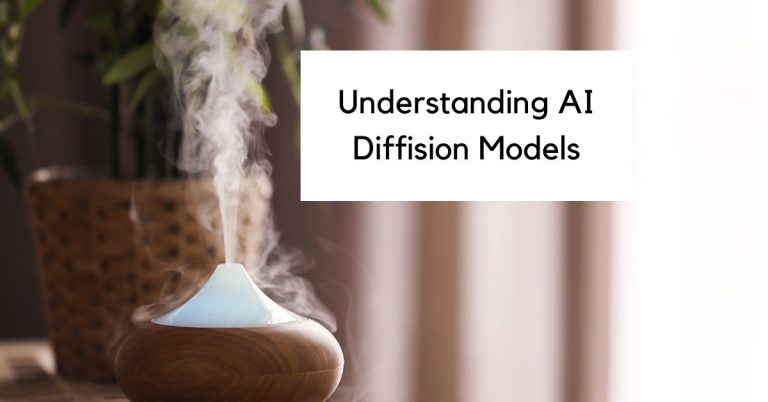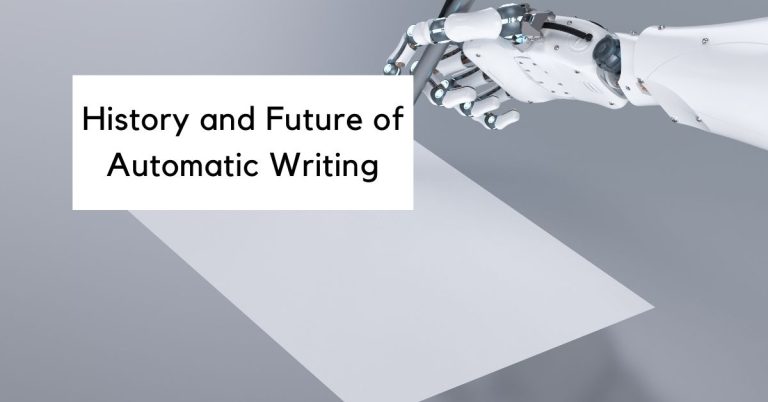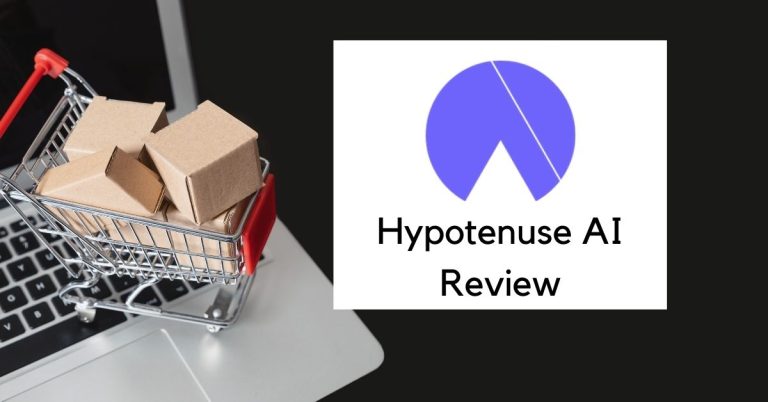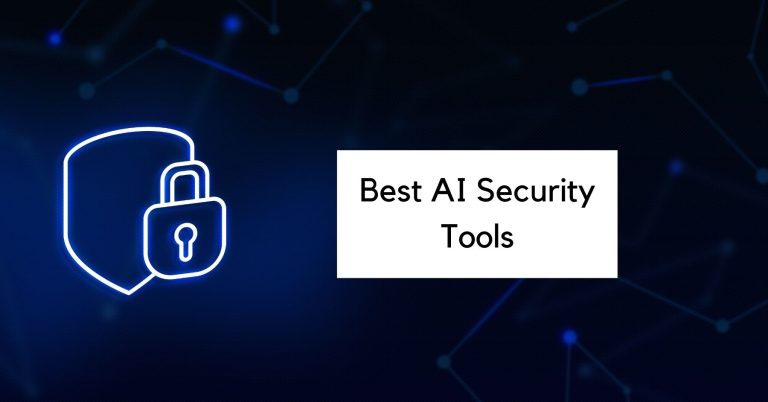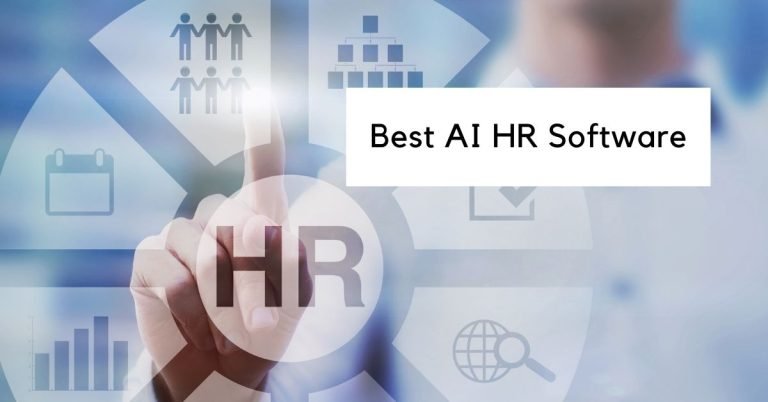9+ Advantages of Artificial Intelligence in Healthcare
Artificial intelligence (AI) is on the path of revolutionizing healthcare as we know it.
No, we’re not talking about humanoid robots performing surgeries or ChatGPT revealing the cause of your ailments.
We live in a rapidly changing world where AI-powered tools enhance medical diagnostics, personalize treatment, and improve overall patient care.
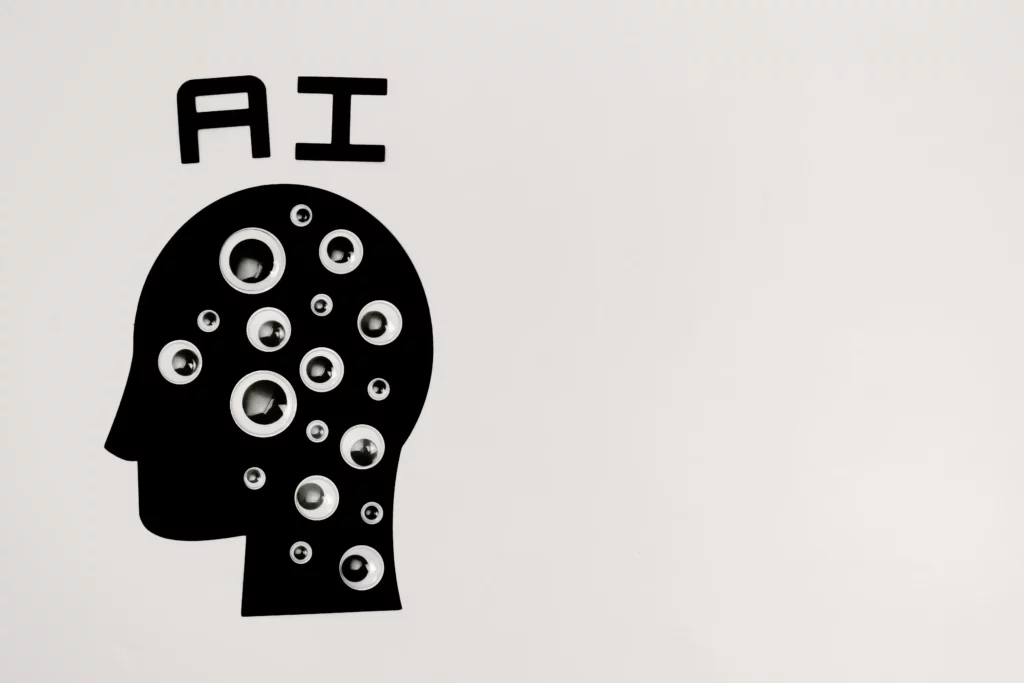
From analyzing medical imaging to drug discovery, AI is transforming how we approach and receive healthcare.
In this blog, we’ll delve into the impact AI is making in the industry, its various advantages, and who benefits.
How AI is impacting the healthcare industry
In the past, the practice of medicine was viewed as a blend of art and science albeit with a limited arsenal of tools to use and diagnose issues.
Today, like many other industries, AI is complementing the art of medicine. This advanced technology brings snappy results and data-driven precision to the table.
The use of AI in healthcare empowers healthcare providers with real-time information-driven insights readily accessible at the tips of their fingers – improving health outcomes by boosting overall accuracy and efficiency.
While the history of healthcare has been marked by profound discoveries, like the use of antibiotics, it’s also marred by errors, misdiagnoses, and a track record of inefficiency.
The use of artificial intelligence in healthcare mitigates these issues by offering a consistent standard of care based on data and machine learning algorithms.
Most modern patients tend to visit the doctor when something is wrong and only when something is wrong. This has resulted in a health systems pinned on reactive treatment.
The alternative approach is proactive treatment.
AI offers healthcare providers the chance to embrace a more proactive approach in their practice.
As an example, if doctors can identify risk factors and diseases at their nascent stages, they can potentially prevent that illness from ever manifesting.
A good example of this is a tool called Linus Health – an AI-driven platform designed to detect the earliest signs of Alzheimer’s and other forms of dementia.
The use of AI in healthcare is not about replacing the human touch.
The goal, rather, is to enhance it.
The use of artificial intelligence in healthcare
Ancient civilizations practiced various forms of medicine, often rooted in herbs and spirituality.

The advent of the scientific method during the Renaissance ushered in a new era of medical understanding.
Anesthesia and antiseptic techniques emerged during the 19th century and revolutionized surgery.
Fast forward to the 20th century, most people have ready access to both holistic and pharmaceutical treatment options to address their ailments.
In recent years, AI has changed the face of how we handle health data in some impressive ways.
You may have heard about how artificial intelligence is automating many different administrative tasks in various industries. It is also transforming the way healthcare organizations diagnose, treat, and prevent diseases.
Imagine this: A 42-year old mother of two is going about her day. She has been managing a chronic heart condition for several years.
She dealt with internal frustration for a long time regarding her condition.
She felt as if nothing was actively being done to address or improve it.
Now, a normal day begins with a brief check-in with her AI-powered healthcare assistant – Let’s call this assistant “HealthyBot.”
She simply speaks to her smart speaker and shares her vital signs: blood pressure, heart rate, and any unusual symptoms.
HealthyBot listens attentively and uses the information she provides to compare it with her medical records.
At her next doctor’s appointment, her doctor discusses her progress and makes some adjustments to her treatment plan based on the most recent medical data provided from the comfort of her own home.
She feels confident knowing her treatment plan is based on real-time and historical data. Her doctor has a complete picture of her symptoms and can adjust her treatment plan accordingly.
In addition, throughout a normal day, her wearable heart monitor will continuously collect data.
Machine learning algorithms process this information in real-time, and should any unusual patterns or anomalies be detected, an alert will be sent to her and her healthcare team.
Impact of AI tools in the healthcare field
From automating administrative tasks to catching diseases before they develop, AI is making a real impact in the lives of modern patients.
AI improves medical diagnostics
You may have noticed that when it comes to healthcare treatment, some medical professionals may operate off of a ‘one-size-fits-all model’.

The standard doctor/patient interaction looks like this:
Patient goes into their doctor’s office and presents their symptoms.
The doctor relies on their subjective clinical experience, intuition, and standard protocols to make a diagnosis.
While this approach has surely helped a lot of people, misdiagnoses are all too common due to a generalized treatment approach.
AI has ushered in a new way of diagnosing illnesses via precision medicine.
Natural language processing and machine learning algorithms can analyze vast datasets of patient information in a short amount of time, from genetic markers to medical histories, to identify potential risks and diseases.
These AI medical models can process data faster and more accurately than any human – even recognizing subtle patterns that may have eluded the human eye.
The use of AI in medical imaging takes a sizable load off human doctors too. It can scrutinize X-rays, MRIs, and CT scans to identify even the tiniest anomalies.
This advanced technology can then provide doctors with a personalized treatment plan for their patient – based on their real health data.
AI automates administrative processes
Administration in any industry has always been like navigating a maze – of, well, paperwork.
From scheduling appointments to managing healthcare data to handling insurance claims and billing, there’s a lot to keep track of.
Administrative staff often found themselves overwhelmed by the sheer volume of data they deal with on a daily basis. This often leads to errors, inefficiencies, and administrative bottlenecks. It also poses a potential risk to patient safety.
Patients, too, sometimes face delays in being able to schedule an appointment or receive insurance approvals.
The introduction of AI in the medical landscape helps simplify and optimize administrative processes in several key ways.
Appointment scheduling
Have you ever forgotten to make an appointment, or dreaded the thought of picking up your phone to call the doctor’s office?
AI-powered chatbots and virtual assistants can now handle appointment scheduling.
Patients can book, reschedule, or cancel appointments at any time, without the need for human intervention.
Medical records management
Electronic Health Records (EHR) systems have long been used. Artificial intelligence can help streamline and evolve record-keeping.
Machine learning algorithms follow strict data protocols to categorize and organize medical records.
This reduces the likelihood of human error and makes patient records easily accessible to healthcare professionals.
Billing and coding
Medical AI tools can analyze a large quantity of clinical documentation and automatically assign patient paperwork the appropriate medical codes.
This makes the lives of administrative staff much easier.
This can also minimize the chances of any denied claims as well as ensure proper reimbursement for healthcare providers.
AI boosts patient engagement
In today’s digital age, people are used to doing nearly all of their business online.
To meet the needs of a technology-reliant culture, chatbots and virtual assistants can be deployed to engage with patients remotely.
These AI chatbots can answer common queries, remind patients about appointments, and even follow up on post-treatment care instructions.
Predictive analytics
Predictive analytics involves the use of historical data and statistical algorithms to forecast future events and a potential medical diagnosis.
In healthcare, predictive analytics can detect diseases at their earliest stages, optimize patient treatment, improve resource allocation, and increase patient engagement.
While predictive analytics has been around for a while, AI takes proactive care to the next level.
Advanced data processing
Machine learning algorithms can rapidly process vast amounts of data, including patient records, medical images, and genetic information.
This enables more accurate condition predictions and early disease detection.
Real-time monitoring
AI-powered systems continuously monitor patient data and recognize deviations from the norm.
For example, in critical care units, AI could help predict sepsis onset before any visible symptoms appear.
Personalized medicine
AI medical tools can analyze a patient’s genetic makeup and medical history to develop personalized treatment plans and improve health outcomes.
This is particularly valuable in the field of oncology, where cancer treatments can be tailored to individual patients.
Optimizing clinical workflows
AI technology can identify bottlenecks in healthcare systems quicker than even any operations professional.
For example, it can predict patient admission rates and adjust staffing automatically – reducing overhead.
Improved accuracy and operational efficiency
AI brings a level of accuracy healthcare professionals have never seen before.
Artificial intelligence technology can spot minuscule anomalies in radiology images that might be overlooked by the human eye.
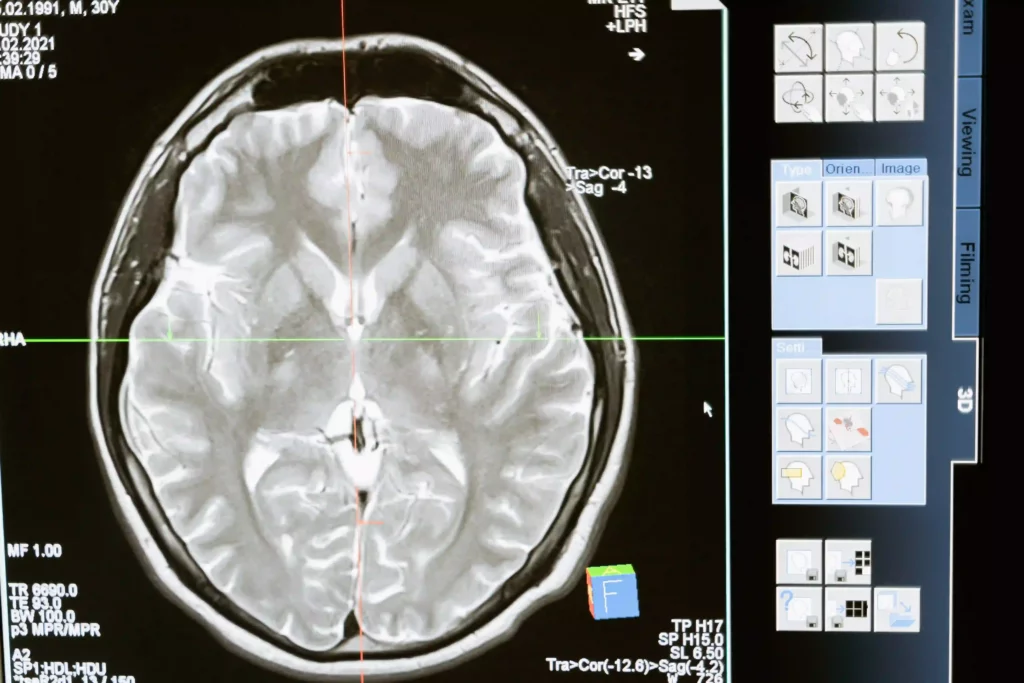
With the help of AI, doctors can now give patients the personalized treatment they deserve.
By having a bird’s eye view of a patient’s unique genetic makeup, medical history, and lifestyle, medical professionals can optimize the choice of therapies and medications for the patient.
Plus, human error is real.
In tasks like medication administration and surgical procedures, AI can double-check dosages and provide real-time guidance to healthcare professionals – which can potentially prevent life-threatening mistakes.
Time is of the essence in healthcare, and AI ensures that medical care is not delayed with faster diagnostics, real-time monitoring, and efficient resource allocation.
In addition to improved accuracy and speed, medical applications powered by AI reduces costs too.
It can reduce hospital readmissions by predicting which patients are at risk of readmission, enabling targeted interventions to prevent costly return visits.
As mentioned above, AI-powered chatbots and virtual assistants can reduce the load of administrative tasks and optimize resource allocation.
Who benefits from AI in healthcare?
From patients and their families to healthcare professionals and hospitals, AI is ushering in an era of improved care, efficiency, and patient outcomes.
Patients and their families
Many people feel like they’re going in circles when they visit the doctor’s office time and time again and they don’t have answers to their ailments. Or they’re not improving in any way.
With the help of AI, doctors have more bandwidth than ever to offer truly personalized patient care.
Waiting times will improve significantly thanks to quicker diagnostics and more accessible healthcare.
AI-powered medical tools provide healthcare organizations with a well-rounded view of their patients’ conditions and anything leading up to or contributing to it.
Not only will AI improve the modern doctor/patient relationship, but it will keep people more engaged with their healthcare.
Healthcare professionals & healthcare institutions
Artificial intelligence is not a replacement for healthcare organizations.
Doctors and healthcare professionals save a lot of time with the help of AI analyzing large datasets of patient information.
Critical decisions can be made faster and with more precision.
AI-powered patient monitoring systems enable timely interventions from doctors and administrative workloads are reduced so medical professionals can spend less time doing paperwork, and more time with their patients.
Final thoughts
The use of artificial intelligence in healthcare affects the lives of patients, healthcare professionals, and institutions around the world.
Patients and their families will reap the rewards of early disease detection, personalized treatment plans, and faster diagnostics.
For healthcare professionals, AI is a powerful ally that enhances diagnostic accuracy, streamlines administrative tasks, and offers real-time health monitoring.
By reducing administrative workload, doctors have more bandwidth than ever to nurture their relationships with their patients and give them the best care.
Hospitals and other healthcare institutions can optimize resource allocation, reduce readmissions, and enhance the quality of care.
As we embrace the potential of AI in healthcare, it’s also important to address ethical considerations and regulatory challenges.
The responsible use of AI is essential in ensuring that patient data remains private and secure and that the technology is unbiased and fair.
AI will continue to evolve and work hand in hand with healthcare workers to redefine the healthcare industry for all.


